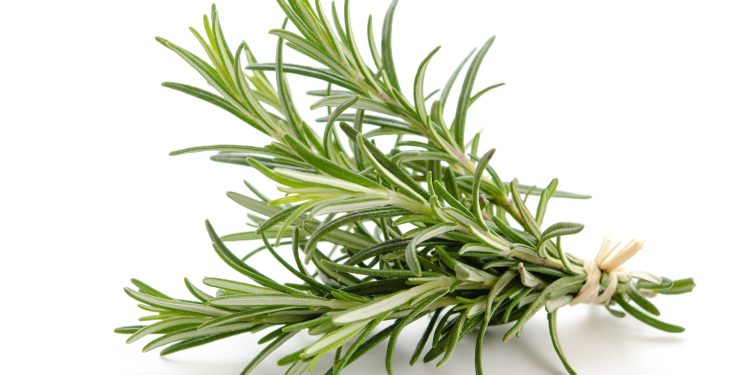In this article, we will explore the benefits of incorporating Rosmarinus officinalis (Rosemary) into farming practices. Recent studies have shown that rosemary can improve crop yield, quality, and overall plant health, making it a promising addition to the agricultural industry.
Rosmarinus officinalis, commonly known as rosemary, is a popular herb used for its culinary and medicinal properties. However, its benefits extend beyond the kitchen and medicine cabinet. In recent years, researchers have found that incorporating rosemary into farming practices can lead to significant improvements in crop yield and quality.
A study conducted by the International Journal of Agriculture and Biology found that using rosemary extract as a foliar spray on soybean crops resulted in a 22% increase in yield compared to the control group. Additionally, the rosemary-treated soybeans showed higher levels of nutrients such as protein, fat, and ash.
Another study conducted by the Journal of Applied Research on Medicinal and Aromatic Plants found that using rosemary extract on tomato plants resulted in higher levels of antioxidants, which can improve the quality and shelf life of the produce.
The benefits of rosemary do not stop at crop yield and quality. Rosemary also has natural insecticidal and fungicidal properties, making it a safer alternative to synthetic pesticides. It can also improve soil health and fertility by promoting beneficial microorganisms.
In conclusion, incorporating rosemary into farming practices has shown promising results in boosting crop yield and quality, improving plant health, and promoting sustainability. By utilizing natural solutions like rosemary, farmers can improve their profits and reduce their environmental impact.
#RosmarinusOfficinalis #CropYield #PlantHealth #Sustainability #OrganicFarming #NaturalSolutions #AgriculturalRevolution












